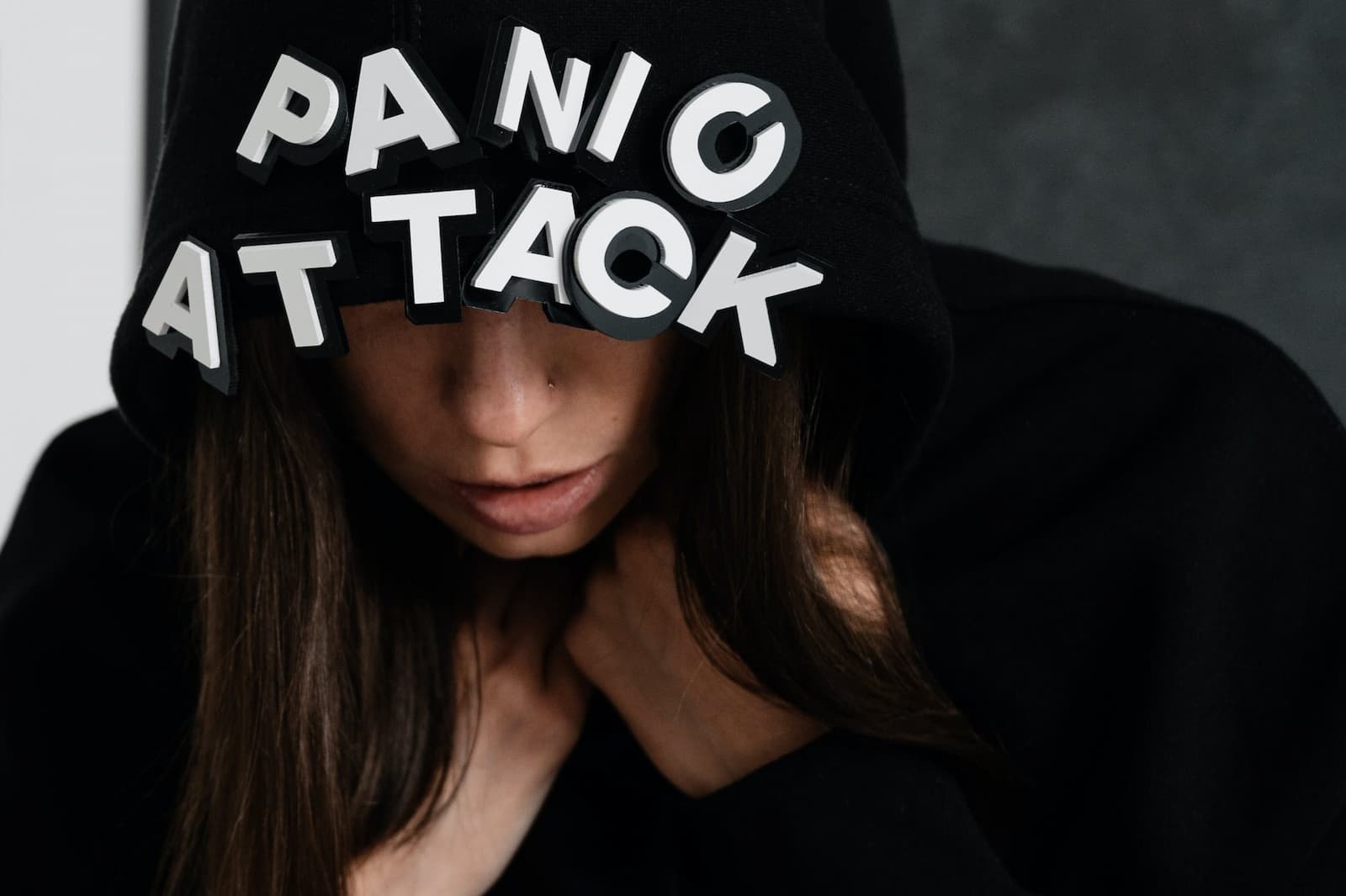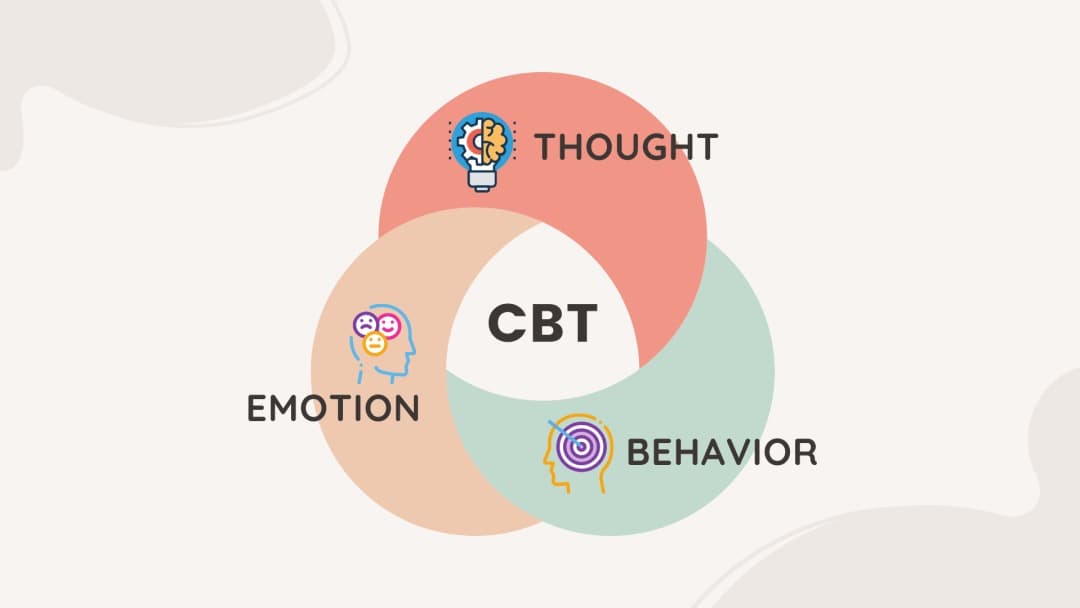Top Psychologists Near Me for Panic Attack Counselling
Panic Attack Counselling – Regain Control with Medavas
Panic attacks can strike without warning, leaving individuals feeling overwhelmed and out of control. At Medavas, we understand the profound impact these episodes can have on your life and well-being. Our counselling services are designed to help you navigate through the challenges of panic attacks, offering tailored support and effective strategies for recovery.
Table of Contents
Toggle
What is a Panic Attack?
A panic attack refers to a brief yet intense surge of fear or distress that reaches its peak within a few minutes. It is often marked by physical and emotional symptoms, such as chest pain, rapid heartbeat, or feelings of losing control. While panic attacks do not cause physical harm, they can profoundly impact an individual’s daily activities and emotional stability.

Why Do Panic Attacks Occur?
Gaining insight into the causes of panic attacks can be a crucial step in learning how to manage and prevent them effectively. They may occur due to a combination of genetic, psychological, and environmental factors. Identifying the underlying causes can pave the way for targeted treatments.
- Stressful life events like job loss or trauma.
- Family history of anxiety or panic disorders.
- Certain medical conditions or substance misuse.
- Imbalance in brain chemicals.
Types of Panic Attacks
Panic attacks can vary depending on triggers and patterns. Understanding the specific type of panic attack you experience can help determine the most suitable therapy or coping strategies.
- Unexpected Panic Attacks: These occur without any apparent cause and can happen anytime.
- Expected Panic Attacks: Triggered by specific fears, such as public speaking or flying.
- Nocturnal Panic Attacks: These occur during sleep, waking a person abruptly with intense fear.

Common Myths About Panic Attacks
There are many misconceptions about panic attacks that lead to unnecessary fear or stigma. Dispelling these myths can promote better understanding and support.
- Myth: Panic attacks are life-threatening.
- Fact: While alarming, they are not physically dangerous.
- Myth: Only anxious people experience panic attacks.
- Fact: Panic attacks can affect anyone.
- Myth: You can always identify the trigger.
- Fact: Many panic attacks occur unexpectedly.
Signs & Symptoms of Panic Attacks
Panic attacks involve both physical and emotional symptoms that can mimic serious health conditions, causing added anxiety. Being aware of these signs can help differentiate a panic attack from other issues.
Physical Symptoms:
- Rapid heartbeat or palpitations.
- Sweating and trembling.
- Dizziness or nausea.
- Chest pain or shortness of breath.
Emotional Symptoms:
- Intense fear or dread.
- Fear of losing control or dying.
- Detachment from reality or surroundings.

What Causes Panic Attacks?
The root causes of panic attacks can differ among individuals, but they often involve a mix of biological, psychological, and environmental factors. Recognizing these causes is essential for effective management.
- Genetic predisposition or family history of anxiety disorders.
- Exposure to stressful or traumatic events.
- Medical conditions like thyroid imbalances.
- Stimulants such as caffeine or nicotine.

Challenges of Living with Panic Attacks
Living with panic attacks can be overwhelming, affecting personal and professional aspects of life. Understanding these challenges can motivate you to seek help.
- Social isolation due to fear of attacks.
- Difficulty maintaining relationships or employment.
- Avoidance behaviors limiting freedom.
- Increased risk of co-occurring disorders like depression.
Treatment of Panic Attacks
Treating panic attacks requires a combination of therapies, medications, and lifestyle changes. The goal is to address symptoms and prevent future episodes.
- Cognitive Behavioral Therapy (CBT): Focuses on identifying and modifying negative thought patterns.
- Exposure Therapy: Gradual exposure to feared situations to desensitize triggers.
- Medications: Includes antidepressants and anti-anxiety drugs.
- Lifestyle Changes: Regular exercise, balanced diet, and adequate sleep are critical.

6 Exercises for Panic Attacks
Simple exercises can provide immediate relief during a panic attack. Incorporating these techniques into your routine can also reduce the likelihood of future episodes.
- Deep Breathing: Breathe slowly and deeply to counter hyperventilation.
- Progressive Muscle Relaxation: Tense and relax muscles systematically to reduce physical tension.
- Grounding Techniques: Focus on sensory details like sights and sounds around you.
- Visualization: Imagine a serene and safe environment to calm your mind.
- Physical Activity: A short walk or gentle yoga can help dissipate adrenaline.
- Mindfulness Meditation: Stay present in the moment to detach from anxious thoughts.
Therapies for Panic Attacks
Engaging in professional therapy forms the foundation for effectively addressing and managing panic attacks. Therapists employ various techniques to help individuals regain control and confidence.
- Cognitive Behavioral Therapy (CBT): Targets thought patterns that fuel panic attacks.
- Dialectical Behavior Therapy (DBT): Focuses on emotional regulation and distress tolerance.
- Acceptance and Commitment Therapy (ACT): Encourages acceptance of anxiety rather than avoidance.
- Mindfulness-Based Cognitive Therapy (MBCT): Combines mindfulness with cognitive strategies to prevent relapses.

How Medavas Helps with Panic Attacks
At Medavas, we specialize in providing personalized counselling to help individuals manage panic attacks effectively. Our team of experienced therapists uses evidence-based techniques to address the root causes and symptoms of panic attacks.
- Identify triggers and develop coping strategies.
- Empower you with tools to regain control.
- Build resilience to prevent future episodes.
With Medavas, you’re not alone. Take the first step towards recovery and reclaim your peace of mind.

Frequently Asked Questions (FAQs) for Panic Attack Counselling
What are the common triggers for panic attacks?
Triggers vary from person to person but can include stress, trauma, medical conditions, or specific phobias.
Can panic attacks be cured permanently?
While panic attacks can be managed effectively, long-term recovery depends on consistent treatment and coping strategies.
How long does a panic attack last?
Most panic attacks peak within 10 minutes and subside within 20 to 30 minutes.
Are panic attacks a sign of a serious mental illness?
Not necessarily. They can occur independently or as part of anxiety disorders.
Is medication always required for panic attacks?
Not always. Many people benefit from therapy, lifestyle changes, or a combination of both without medication.
Can lifestyle changes help prevent panic attacks?
Yes, practices like regular exercise, balanced nutrition, and mindfulness can significantly reduce the likelihood of panic attacks.
How does online counselling help with panic attacks?
Online counselling provides accessible and flexible therapy options, helping individuals address their challenges conveniently.
Can children experience panic attacks?
Yes, children and adolescents can experience panic attacks, often due to stress or developmental changes.
How can I support a loved one during a panic attack?
Most panic attacks peak within 10 minutes and subside within 20 to 30 minutes.
Why should I choose Medavas for panic attack counselling?
Medavas offers expert, evidence-based counselling tailored to your unique needs, helping you regain control and confidence.
What sets Medavas apart for panic attack counselling?
Medavas combines a compassionate approach with evidence-based techniques, ensuring you receive personalized care tailored to your needs.
Can I access Medavas counselling services remotely?
Yes, Medavas provides online counselling services, allowing you to connect with experienced therapists from the comfort of your home.





















